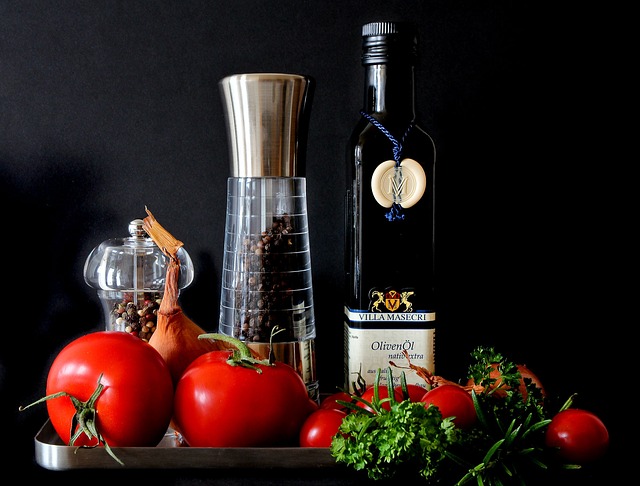Creating a Low-Sodium Menu Without Sacrificing Flavor
Posted: 10.26.2015
Cook with Fresh Ingredients
Fresh ingredients will help you create menu selections that are packed full of flavor. An excellent example is green beans. While canned green beans taste great, the flavor profile cannot compare to that of fresh green beans. If you’re not able to find fresh ingredients, check the freezer section—or simply use as many fresh ingredients as possible.
Turn to Other Herbs and Spices
While salt and pepper are the two most popular tableside spices, they’re far from the only spices out there—so have fun experimenting with new spices or spices you only use on occasion. Keep in mind that, unlike salt and pepper, many spices should be added while food is still cooking. Also consider using fresh or dried herbs, which can be added both while cooking and after cooking is complete.
A few ideas to consider are:
- A spice mix, such as Mrs. Dash.
- Cinnamon for both savory and sweet.
- Fresh chives, parsley, or cilantro for almost any meal.
Citrus, Oil, and Vinegar
Another excellent way to improve the flavor profile without adding salt is by turning to citrus, oil, and vinegar.
- Seasoning foods with lemon, lime, or orange works with both sweet and savory, and both pre and post cooking.
- There are multiple cooking oils to choose from, each of which has their own unique flavor profile.
- Also cook with flavored vinegars and oils to infuse your foods with the tasty blend they’re designed to deliver.
With these great modifications, you won’t even notice the lack of sodium. Also keep in mind that low-sodium doesn’t mean no-sodium. Your body still requires sodium as an essential mineral, just not at the excessive rate you may have enjoyed salt in the past.
